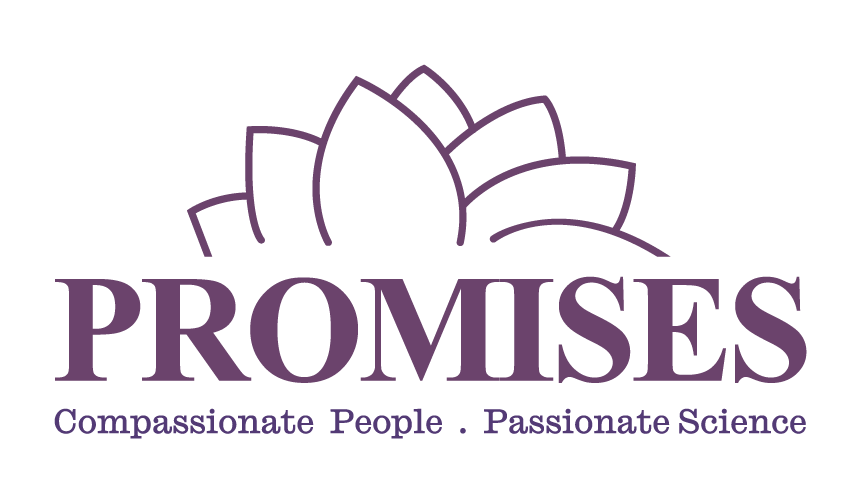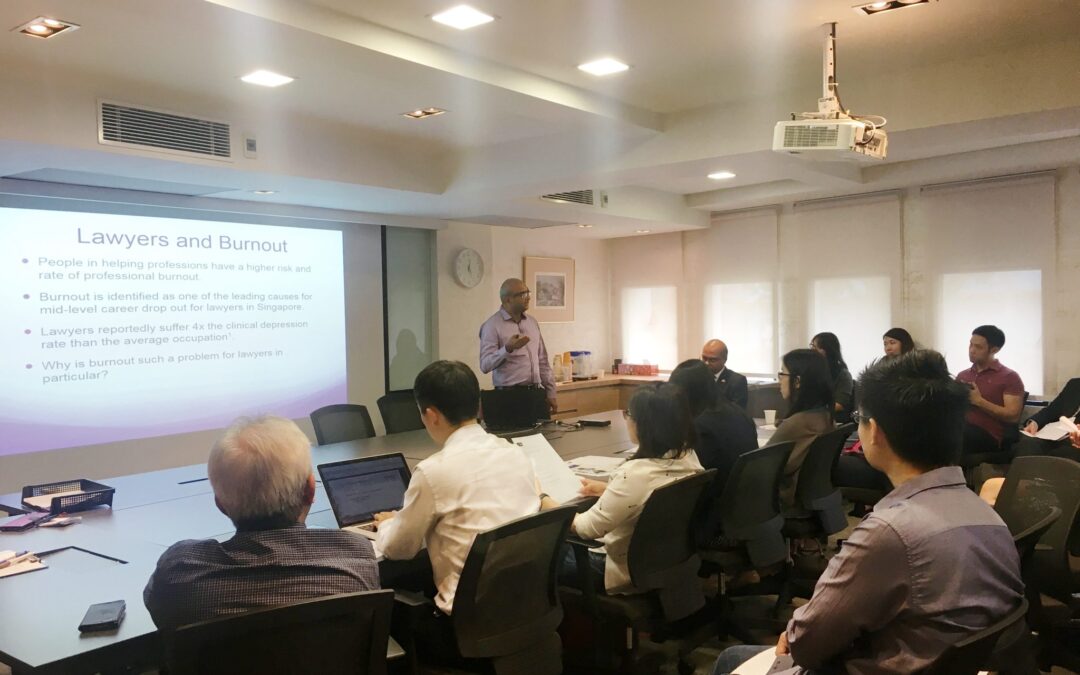
Employee Assistance Program
There has been a growing awareness of the need for mental health wellness in corporate work settings. For one, employers are recognizing how work stress negatively impacts an individual’s job performance and productivity. According to a survey reported by Forbes, 31% of responding employees experience extremely high levels of stress at work, thereby affecting productivity and innovation.
Thus, as reported by the Straits Times on 25 March 2019, companies have started to view wellness programs not only as an employee benefit or responsibility, but also as performance strategy for the company.
In today’s world, such work stress seems inevitable due to competition, cost-cutting measures, and the intrusion of work into our personal lives through technology. Few cope well with sustaining these increasing demands and pressures in their work place. Thus, companies that are committed to safeguarding their employees’ mental well-being are empowering them with tools to manage their stress at work.
Such tools are available at Promises Healthcare through our Employee Assistance Program (“EAP”). The EAP is premised on the belief that mental health has a direct correlation to the performance and productivity of the employee. Appropriate outlets for employees to address their psychological concerns can help alleviate stress, leading to a positive and more balanced mental disposition. This in turn will contribute more effectively towards the goals of the organization.
Promises has developed and provided EAP services for a number of major corporations over the years. EAP services include Employee Training Packages, Critical Incident Intervention, Critical Incident Consultancy for Senior Management, Media Information Management, Individual and Group Counselling, Confidential Helpline services, and Family Support programs.
Currently, Promises is actively providing EAP services to
- Singapore Press Holdings,
- Exyte Singapore Pte. Ltd.,
- Monetary Authority of Singapore (MAS),
- Connexion Asia,
- Carrot Consulting,
- Allianz,
- Prudential,
- MSIG,
- Australia and New Zealand Banking Group (ANZ),
- Infocomm Media Development Authority (IMDA Singapore),
- Agri-Food and Veterinary Authority of Singapore (AVA),
- Defence Science and Technology Agency (DSTA) and more.
Our customer references include present and past clients, such as the
- Ministry of Health,
- SCORE,
- Institute of Mental Health,
- Ministry of Social and Family Development (MSF),
- Singapore Prison Services,
- Singapore Association for Mental Health (SAMH),
- Singapore Red Cross,
- Nanyang Technological University (NTU),
- National University of Singapore (NUS),
- Ngee Ann Polytechnic (NP),
- Temasek Polytechnic (TP) ,
- Singapore Polytechnic (SP),
- LASALLE College of the Arts,
- Singapore Police Force etc.




